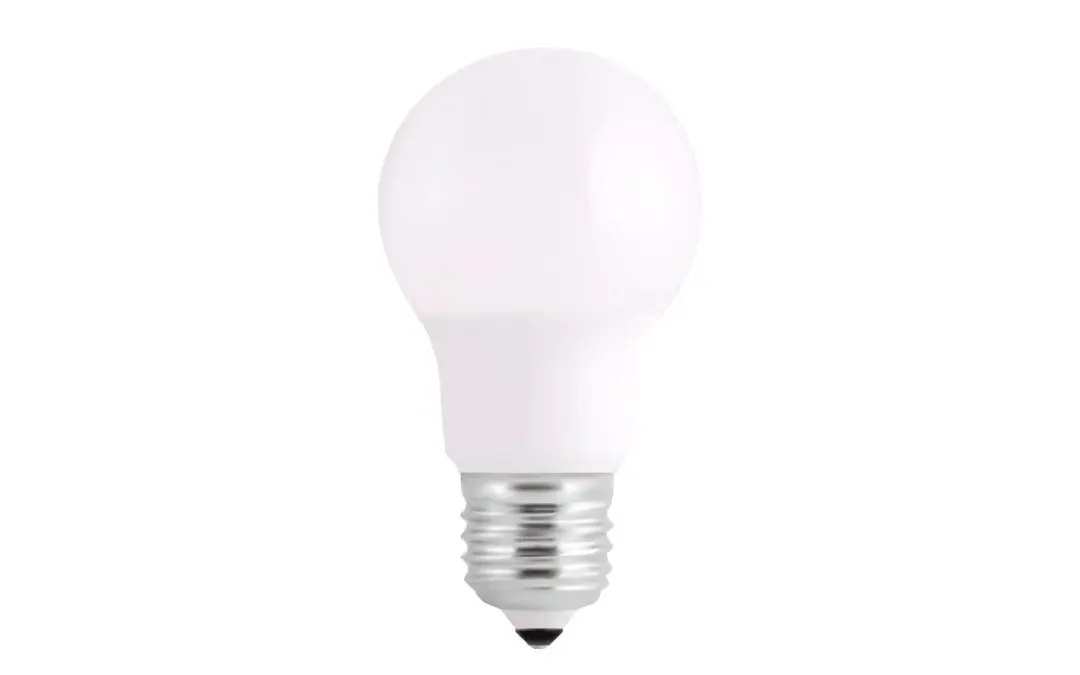In an era when environmental sustainability is paramount, finding ways to conserve energy at home is beneficial for the planet and your wallet. Making simple adjustments to your daily routines and implementing energy-saving practices can significantly reduce your household’s energy consumption. Here are ten effective ways to save energy at home.
1. Upgrade to Energy-Efficient Appliances to Save Energy at Home
Investing in energy-efficient appliances can yield long-term savings on your energy bills. Look for appliances with the ENERGY STAR label, as they meet strict energy efficiency guidelines set by the U.S. Environmental Protection Agency.
2. Save Energy at Home with LED Light Bulbs
Replace traditional incandescent light bulbs with energy-efficient LED bulbs. LED bulbs use up to 80% less energy and last significantly longer than incandescent bulbs, making them a cost-effective choice for lighting your home.
3. Unplug Electronics When Not in Use
Many electronics continue to consume energy even when they are turned off but plugged in. Unplug chargers, appliances, and electronics when they’re not in use to eliminate this “phantom” energy usage.
4. Install a Programmable Thermostat to Save Energy at Home
A programmable thermostat allows you to set different temperature settings for various times of the day, optimizing your heating and cooling systems’ energy usage. Reducing heating and cooling when you’re asleep or away from home can save significant amounts of energy.
5. Seal Leaks and Insulate
Proper insulation and sealing air leaks in your home can prevent heat loss during the winter and keep your home cooler in the summer, reducing the workload on your heating and cooling systems. Check windows, doors, and other potential areas for drafts and seal them accordingly.
6. Optimize Water Heating
Lowering the temperature on your water heater can help reduce energy consumption. Additionally, consider insulating your water heater and pipes to prevent heat loss and improve efficiency.
7. Air Dry Clothes
Instead of using a clothes dryer, dry your clothes outdoors or indoors on a drying rack. Air drying saves energy, but it also helps extend the lifespan of your clothes.
8. Use Energy-Efficient Window Treatments to Save Energy at Home
Install energy-efficient window treatments such as curtains, blinds, or shades to reduce heat gain in the summer and heat loss in the winter. This can help regulate your home’s temperature without relying heavily on heating or cooling systems.
9. Conduct Regular Maintenance
Regular HVAC system maintenance, including cleaning or replacing air filters, can improve its efficiency and reduce energy consumption. Similarly, keep appliances and equipment well-maintained to ensure optimal performance.
10. Harness Natural Light and Ventilation
Make the most of natural light during the day by opening curtains and blinds. Similarly, use natural ventilation by opening windows strategically to allow for cross-ventilation and reduce the need for artificial cooling.
Incorporating these energy-saving practices into your daily routine can lower your household’s energy bills and contribute to a more sustainable future. Saving energy at home doesn’t have to be complicated or expensive. Simple adjustments make a significant difference in reducing your carbon footprint and preserving precious resources. So, implement these tips today to make your home more energy-efficient.
FAQs About Saving Energy
What role does landscaping play in energy conservation?
Strategic landscaping with shade trees and shrubs can help reduce the need for cooling in the summer by blocking direct sunlight while planting windbreaks can help reduce heating costs in the winter by blocking cold winds.
Is it worth investing in energy-efficient windows and doors?
Yes, energy-efficient windows and doors can help reduce heat loss in the winter and heat gain in the summer, improving indoor comfort and lowering heating and cooling costs over time.
How can I incorporate passive solar design principles into my home?
Passive solar design principles involve maximizing natural light and heat from the sun to reduce reliance on artificial lighting and heating systems. Strategies include orienting windows toward the sun, using thermal mass to store heat, and shading windows during the summer.
Is it worth investing in energy-efficient roofing materials?
Yes, energy-efficient roofing materials such as cool roofs or reflective coatings can reduce heat absorption, lower indoor temperatures, and decrease the need for air conditioning during hot weather, resulting in energy savings and improved comfort.
Robertson Home Inspection provides comprehensive home inspections for homebuyers and sellers in the Piedmont Triad area of North Carolina. Contact us to request our services.

